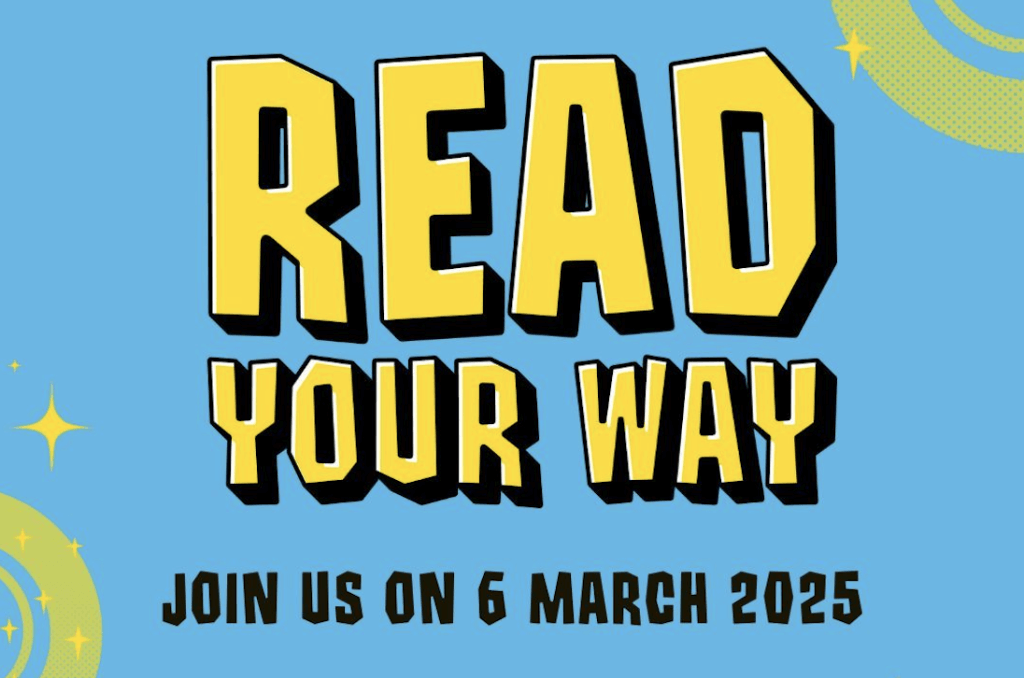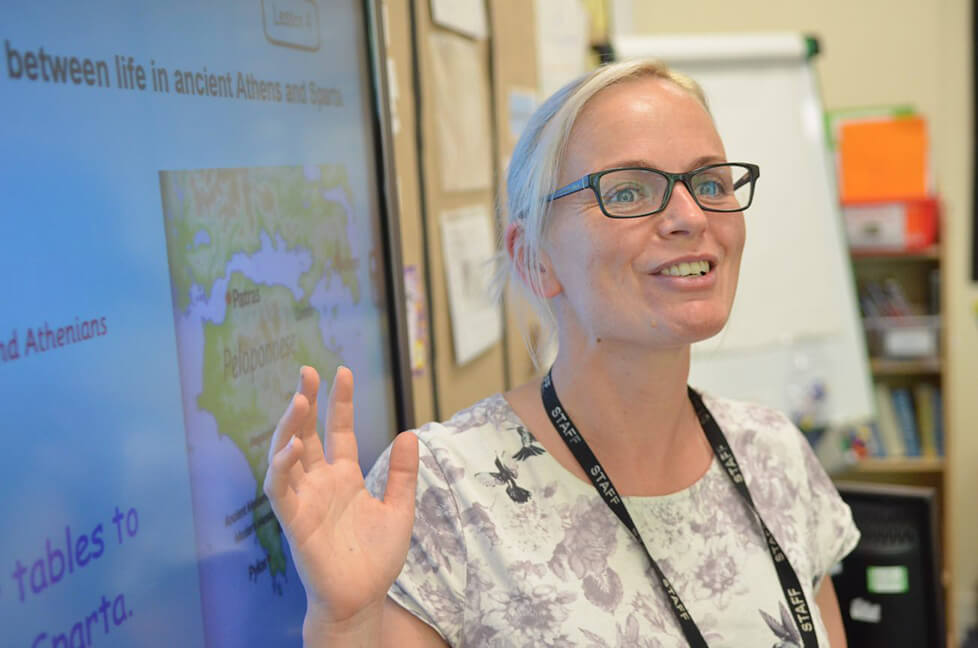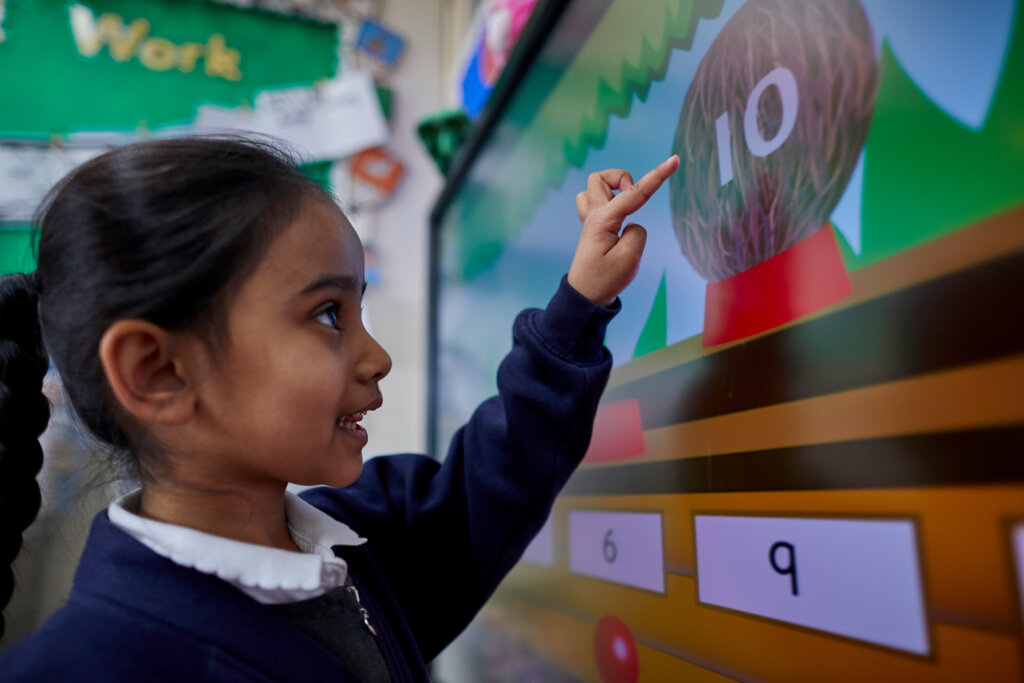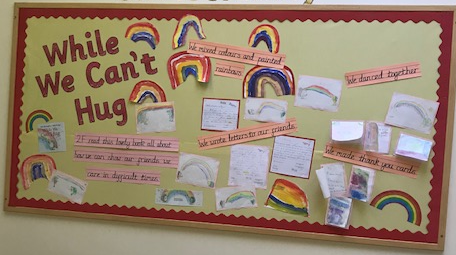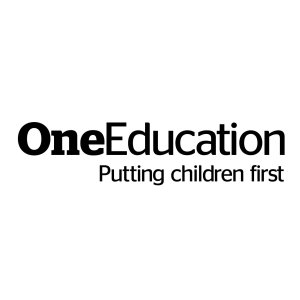A case study from St Luke’s C of E Primary School
At St Luke’s, the recovery curriculum has been used across all year groups, from nursery through to year 6. It was initially being followed exactly. However, after 2 weeks the majority of children were ready to progress on to a wider curriculum. We found that the children were excited and ready to learn as they have been away for so long. This was a surprise especially in EYFS and Year 1, where the children settled very quickly.
We think it has had a great impact to the children’s mental health, rather than overwhelming the children in the first two weeks, they were able to enjoy activities that were accessible and they especially loved the story ‘While we can’t hug’. The children also thoroughly enjoyed Stanley’s Stick.
The recovery curriculum has enabled children to talk about their experiences and provided the tools to discuss their time during lockdown. The children have discussed what they really missed about school, not just friends but access to books and teachers. It has also support specific children with coming to speak to adults about how it has affected themselves and allowed us to intervene quickly to provide bespoke support.
The curriculum has saved time with planning and also supported teachers with providing a structure to work towards. This has really allowed teachers to support each other not only in year groups but across the whole school.
Teachers have enjoyed working to the recovery curriculum and been far more creative across the whole school. One teacher said, “I have personally loved the curriculum and the themes and topics we looked at with the children. It was relatable, straight-forward and tackled some tough issues in a kind and caring way.”
The children in Reception and KS1 fully immersed themselves within the book ‘While we can’t hug’. We supported children into the wider curriculum slowly using activities, resources and planning.
They talked about ways they can communicate and show each other we care without hugging. The children came up with lots of ways and even applied these to their day to day routines. For example, waving to each other when coming into class in the morning and also writing thank you cards to each other to tell each other how much of a good friend they are. This really helped them to rebuild friendships and also supported them to practise writing skills.
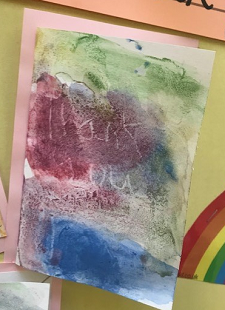
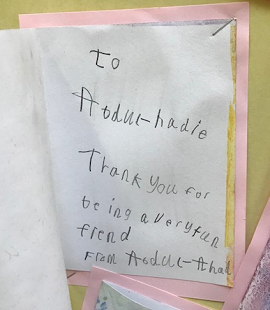
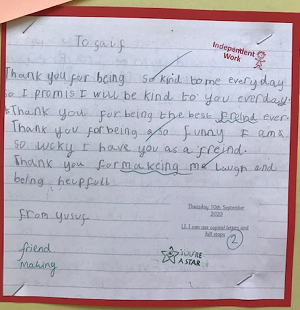
‘While we can’t hug’ planning was used to help children engage in physical exercise through socially distanced dancing. The children exerted themselves and developed gross motor skills whilst focusing on the story and characters.
The art planning and activities were excellent to promote a discussion about the symbol of the rainbow. Children created rainbow patterns using crayons and paints. This was completed to music and supported their mental health and wellbeing.

Key stage 2 used the Recovery Curriculum to provide children with lots of opportunities to slowly return to a normal school routine. It helped them to repair friendships, provided them with time to reflect, talk and ask questions about what has happened and also enabled them to build up and restore their learning and behaviour routines. PSHE lessons were run daily and activities using the texts within the Recovery planning were used to support this.



